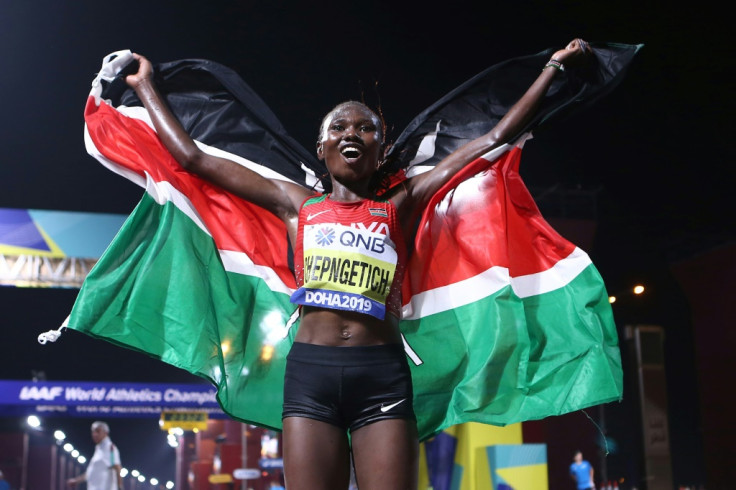Marathon runners drop like flies in Qatar, 2022 FIFA World Cup concerns raised
The extreme heat in Doha has raised questions about the safety of hosting sporting events in the city.
On Friday. the World Athletics Championships decided to start the women's marathon at midnight, in an attempt to steer clear of extreme temperatures in the city of Doha, Qatar. However, it was a dismal scene as marathon runners started dropping like flies due to the extreme heat and humidity. The unsafe temperatures led to questions about the upcoming staging of the 2022 FIFA World Cup in the same location.
Runners started to drop out of the event after passing the 10 kilometre mark. Temperatures hovered at around 33 degrees with the humidity up to over 70%. The conditions proved difficult even for the most experienced runners.
Out of a total of 68 starters, a disturbing record number of 28 runners failed to finish the race. Apart from the number of athletes that pulled out, what was most disturbing was the state that the runners were in. Many had to be stretchered off the course or placed on wheelchairs. In photographs shared by The Sun, athletes could be seen crying while lying on the ground. Even those who finished the race were left on their hands and knees while attempting to recover enough strength to celebrate.
Kenya's Ruth Chepngetich won the event, after stating that she had prepared extensively for the gruelling temperatures. She said that she had trained in nearby Dubai, while the sun was out in the afternoon. Her efforts to acclimatise herself paid off. However, majority of the athletes were unable to cope. Many athletes had to be taken to hospitals for further treatment after pulling out.
The incident has raised a lot of questions about the 2022 FIFA World Cup, which will be hosted by Qatar. In an effort to avoid the hottest time of the year, the event will be held in the winter for the first time ever. Nevertheless, it is unclear if changing the schedule will be enough to keep football players safe. Temperatures in Qatar typically hover at a comfortable 12-25 degrees in December.

© Copyright IBTimes 2025. All rights reserved.






















